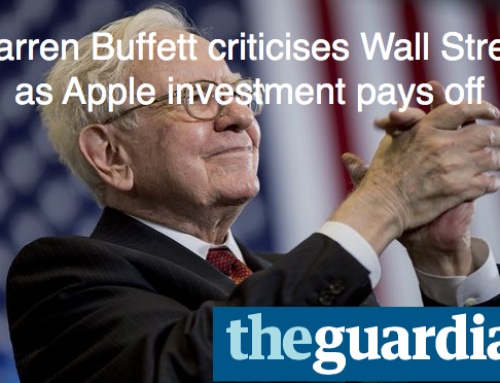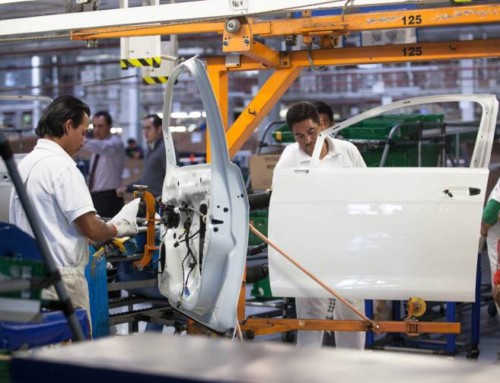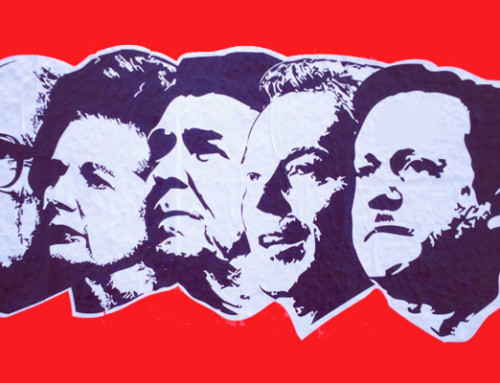In her article, recently published on evonomics.com,
What Is Radical Economics? (Hint: It’s Not Neoliberal or Marxist)
Julie Nelson, professor of economics and department chair at the University of Massachusetts-Boston and a senior research fellow at the Global Development and Environment Institute at Tufts University, writes:
Take, for example, the belief that firms must maximize profit. One might think that economists discovered this belief by studying businesses, but in fact they invented it. It’s a convenient assumption because it turns the analysis of firms’ behavior into a simple calculus problem, and that satisfies economists’ desire for physics-like regularities. But profit maximization isn’t actually legally mandated. Nor is it an inevitable result of competition. If anything, life here is imitating fiction, since business leaders and investors increasingly appear to believe that maximizing profits (for which read greed) is not only permissible but required.
Whatif
Citizen boycotts, shareholder resolutions, and other public campaigns are time-honored ways of calling powers to account. When we undertake such strategies for change, we may find that there are many people inside these companies who also want to work for a better world.
Whatif
new frameworks of investment decision-making that create by design opportunities for civic engagement in the design of enterprise can also help?





